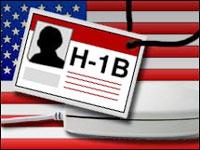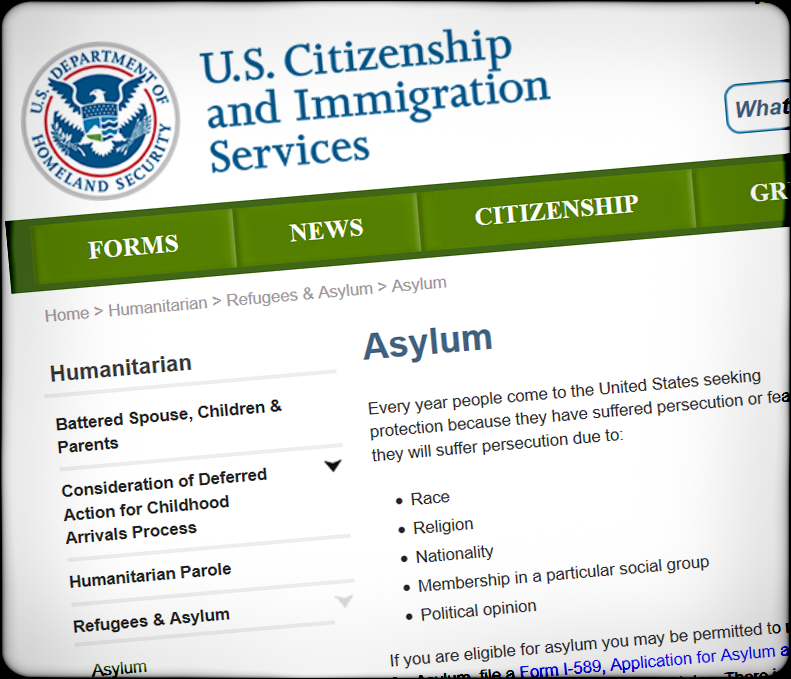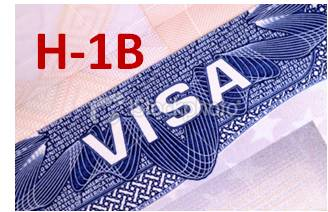
The hidden impacts of the COVID-19 pandemic can be seen among the frayed personal relationships that connect people across the world. Family, friends, and romantic partners have been separated by more than just oceans and borders.
On Nov. 8, 2021, much of that changed. The U.S. began allowing international travelers to resume flying to the country—regardless of travelers’ immigration or citizenship status. However, the conditions travelers must meet before being allowed to fly over varies based on immigration and vaccination status, especially with the new omicron variant.
While the United States has opened up travel to most countries, there is currently a ban on travel to the US by foreign nationals who have been to eight different African countries within the previous 14 days. This rule, however, does not apply to US citizens and permanent residents.
Non-U.S. Citizen, Non-Immigrant Travelers
With very rare exceptions, international travelers flying to the U.S. must be fully vaccinated against COVID-19. These exceptions are exceedingly rare for travelers who are neither citizens nor immigrants. Before boarding a plane to the U.S., these travelers must show proof of being fully vaccinated. Additionally, ALL travelers over the age of two, regardless of vaccination status, must provide a negative COVID test that was taken within one full day of departure.
As of this writing, the United States currently accepts both antigen and nucleic acid amplification tests (NAAT), including PCR tests. Additionally, while the United States does not currently require travelers to get tested upon landing, the CDC has expanded a program to offer free, voluntary tests at the airport terminal and recommends getting tested 3-5 days after traveling.
Important note: Many countries offer vaccines not currently available in the U.S. In addition to the Pfizer, Moderna, and Johnson & Johnson vaccines, the U.S. accepts AstraZeneca, Covaxin, Covishield, BIBP/Sinopharm, and Sinovac. Sputnik vaccines are not currently acceptable, but that may change. Travelers must have had their last shot at least two weeks prior to their travel date.
Citizens, Nationals, Lawful Permanent Residents, and Immigrants
While the U.S. encourages everyone eligible to get a COVID vaccine, individuals falling in one of the four categories above are not required to get one. However, those who are unvaccinated must show proof of a negative COVID test no more than 24 hours before boarding a U.S.-bound plane.
Important note: Children younger than two do not need to be tested for COVID prior to flying to the U.S.
Conclusion
We know how excited many people are to reunite with their loved ones after months (or years) of being separated. We also know how important these visits can be in securing family-based immigration visas. Experienced legal counsel is your best resource when your goal is coming to the U.S. for an extended period of time. Pollak PLLC has a track record of success to complement our client-first approach. Let’s discuss your needs today.
**Please note that the rules and regulations surrounding the new omicron variant are changing rapidly, and the information in this article could soon be outdated. For the most up-to-date status that may affect your immigration situation, please contact us.**



